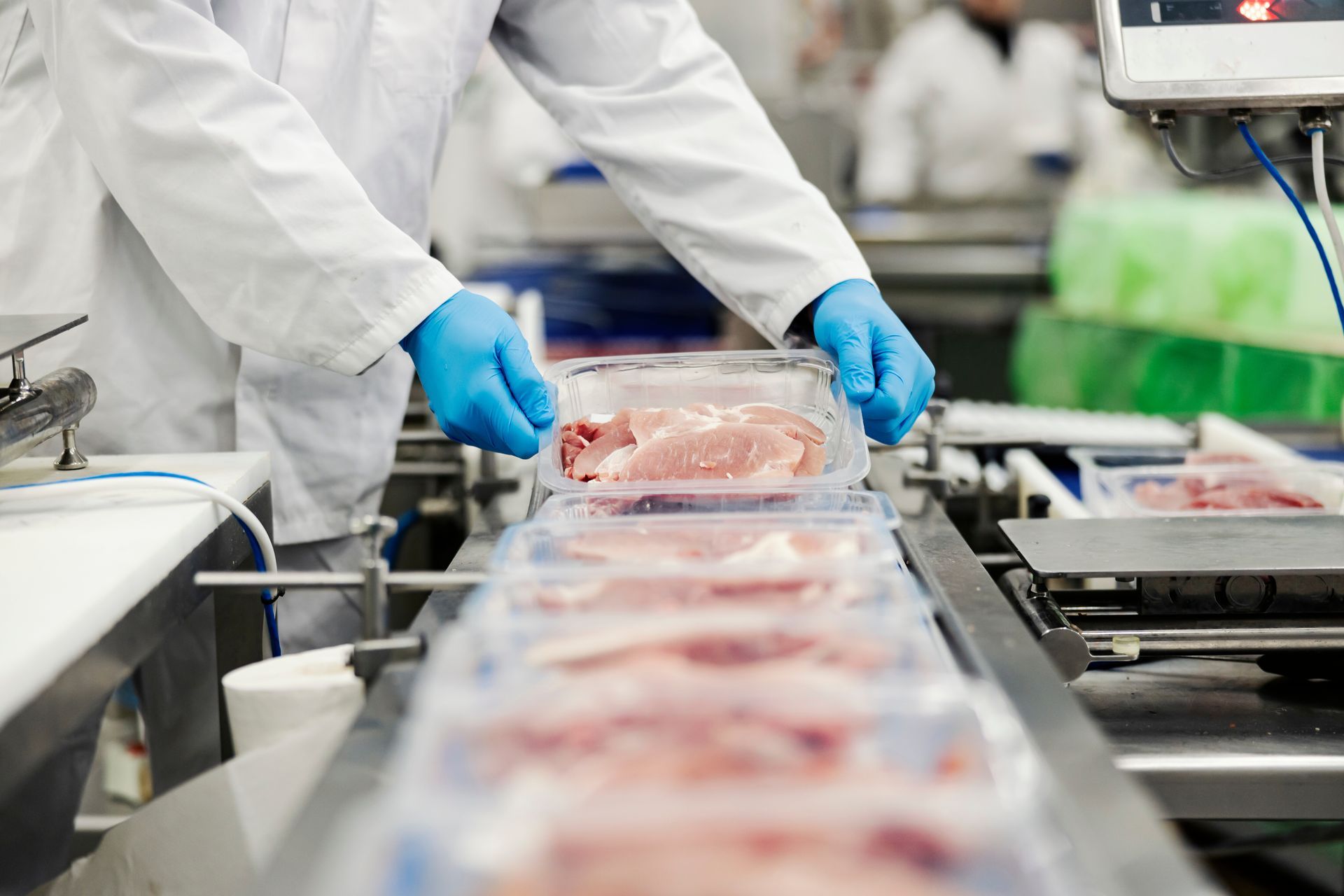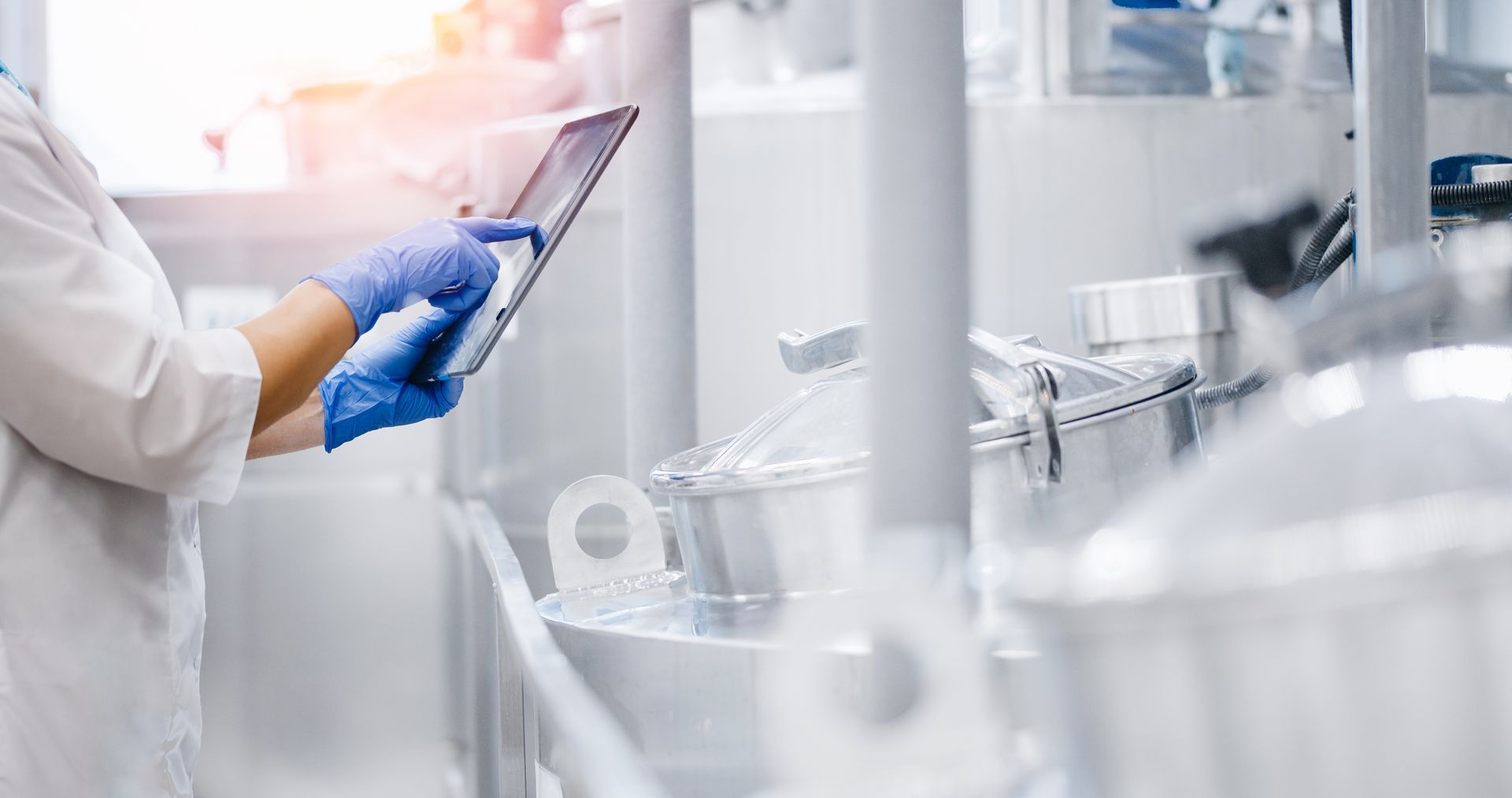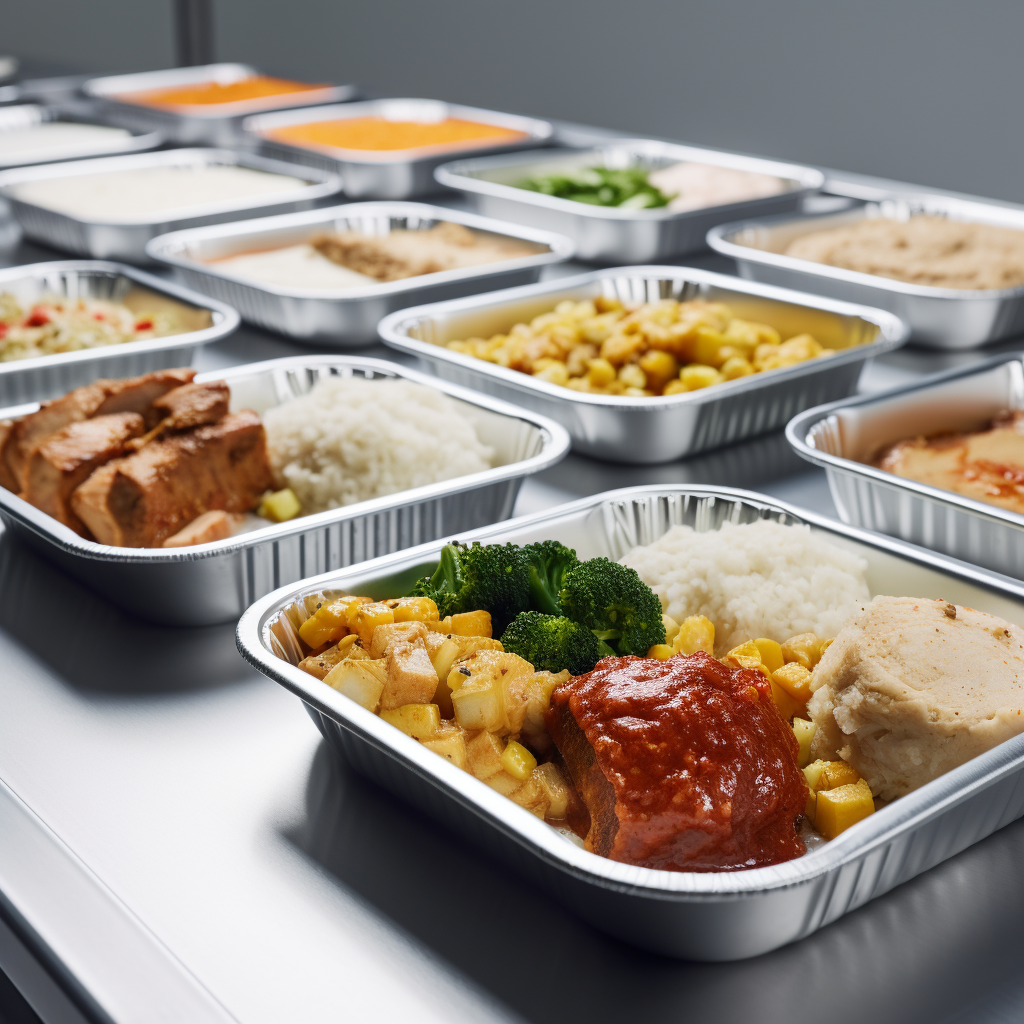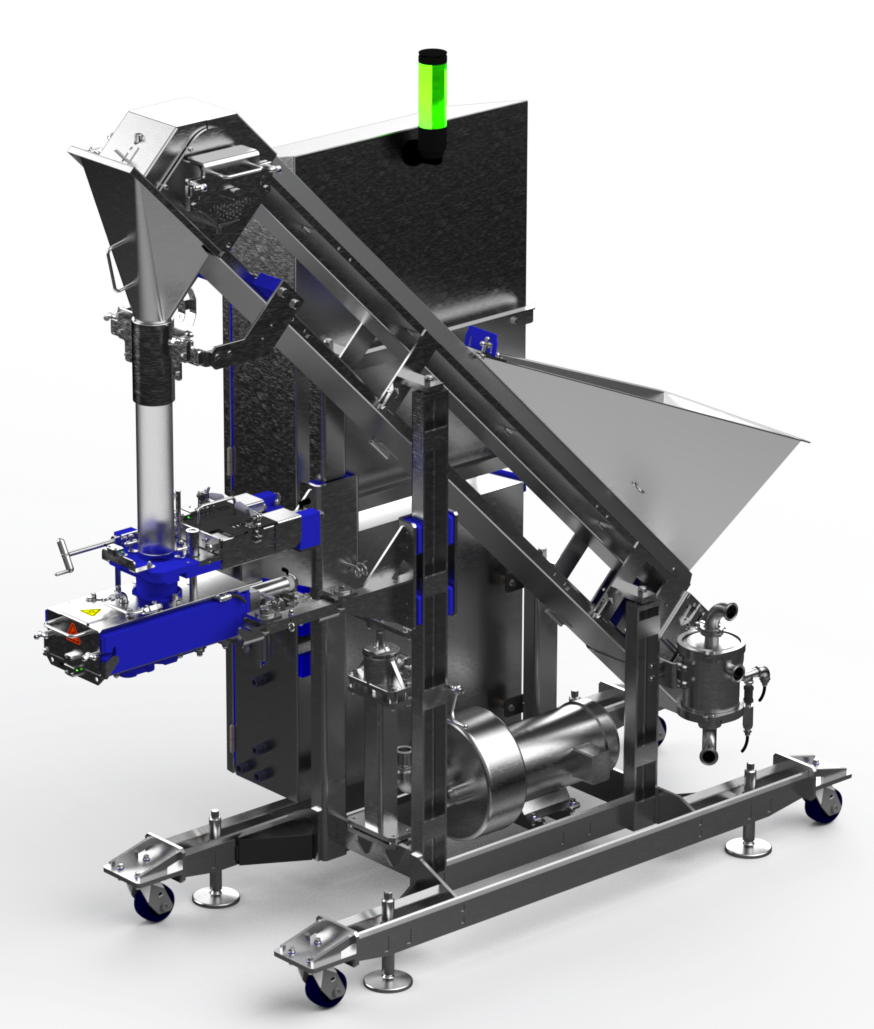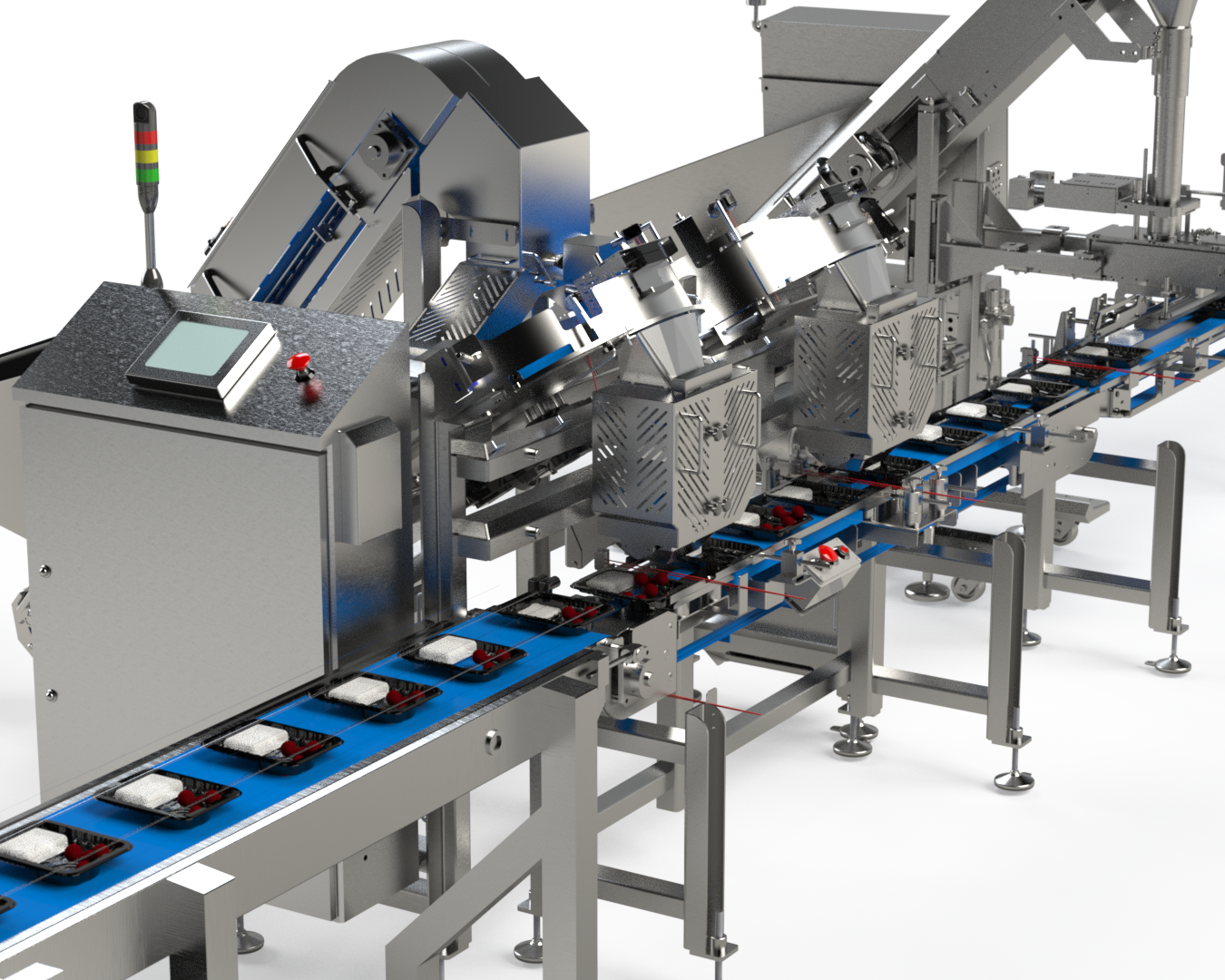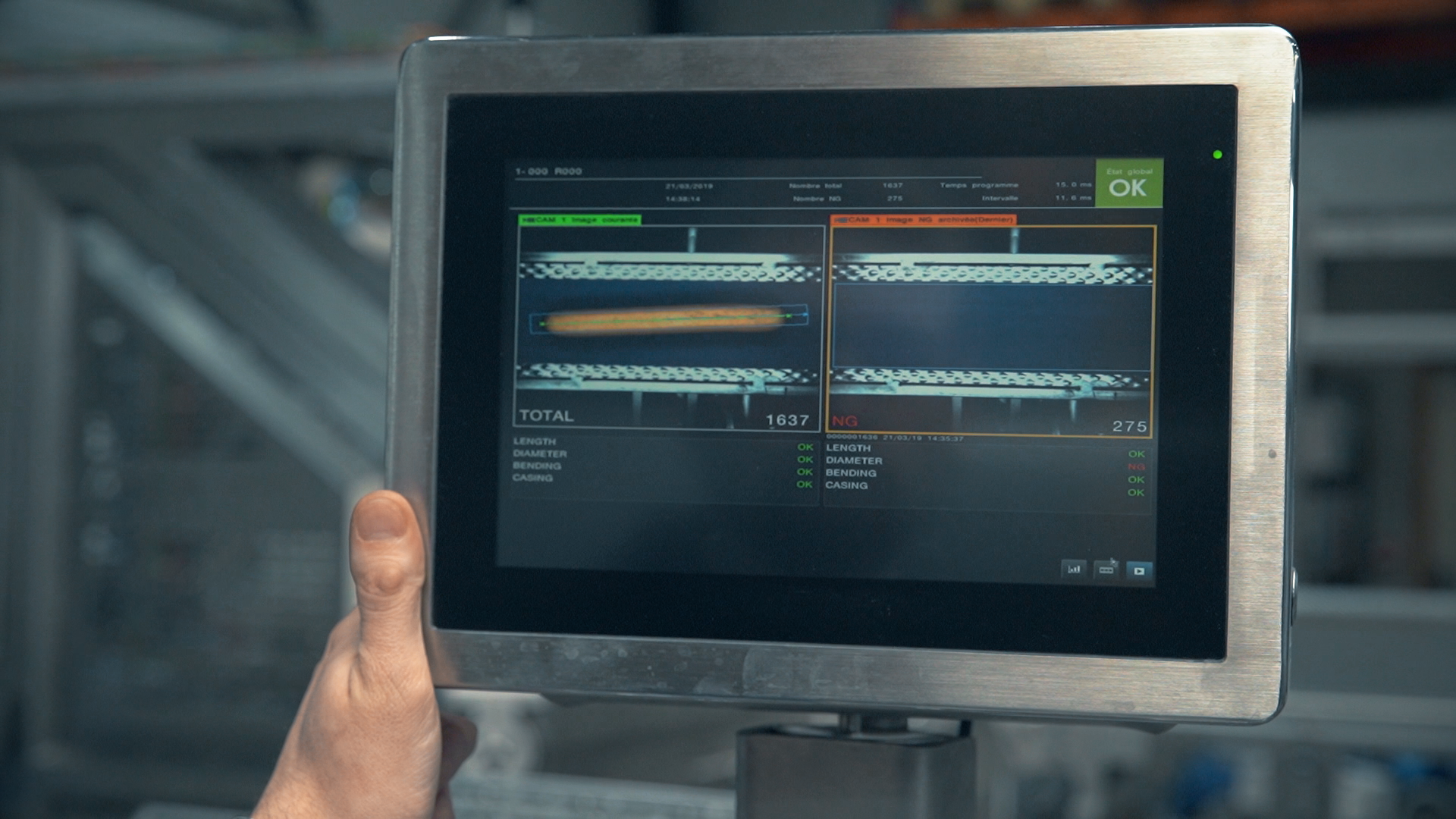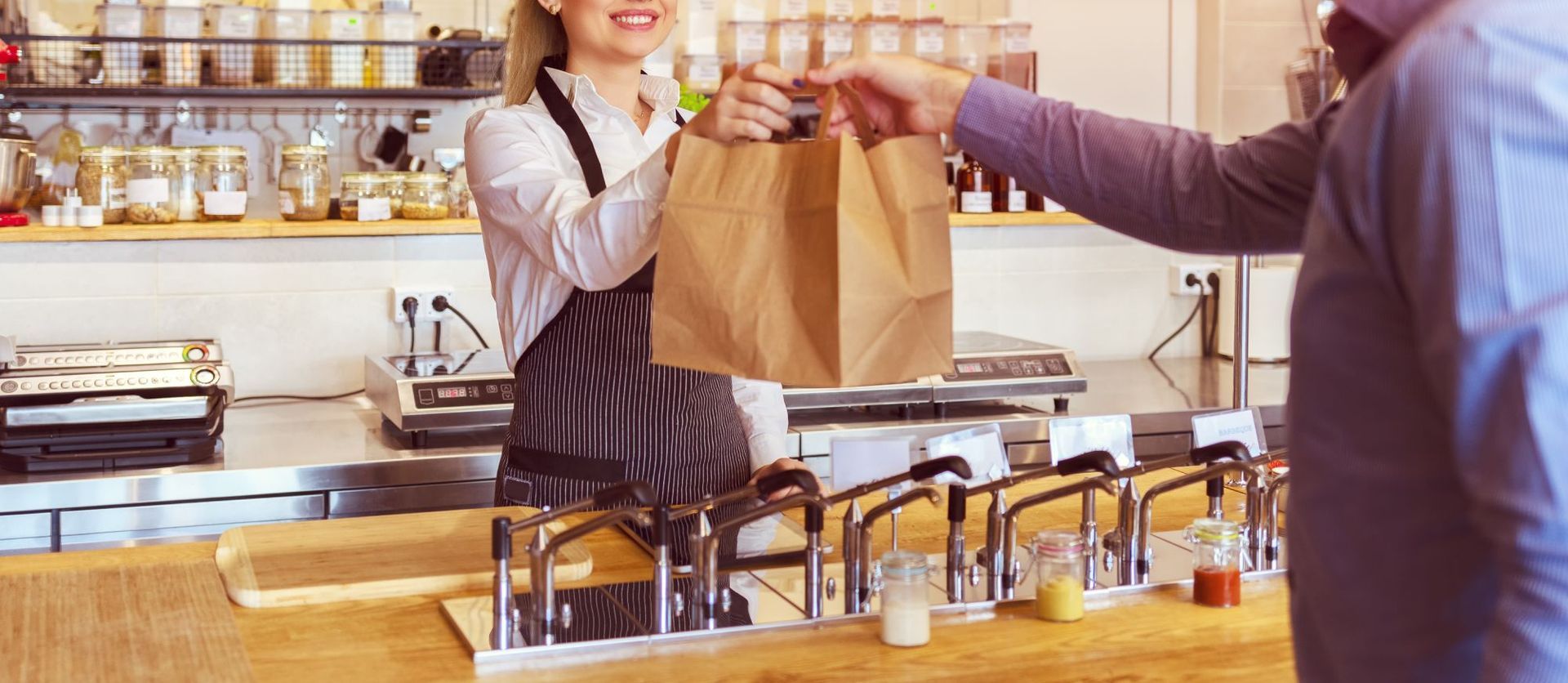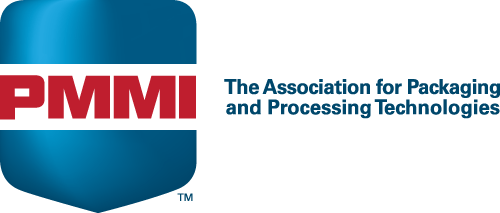How AI Can Assist In The Food Industry
Companies in the food industry are required to continuously evolve to meet consumer demands and reduce the cost of production. This way, companies can stand out against competitors and increase profit margins.
One way companies in the food industry can do this is by adopting and leveraging artificial intelligence (AI).
What do we mean by AI?
AI is tech or machinery that can carry out complex tasks that were previously completed by humans. For the food industry, AI can refer to robotics, machine learning, automated filling systems, and more.
Like with most industries nowadays, AI is proving incredibly useful and efficient in the food industry. The food industry has recently recognized the crucial role AI can play in boosting efficiency and productivity while simultaneously reducing wastage and the likelihood of disruptions.
The use of AI in the food industry is known as Industry 4.0 — a concept where smart tech like AI is used in traditional industries.
Here are a few ways how AI is boosting the efficiency and productivity of the food industry and its employees:
Better Supply Management
Companies in the food industry need to find better ways to manage their supply chains. In fact, this is usually a top priority.
The most competitive companies in the industry are already leveraging algorithms based on artificial neural networks to manage shipments, different stages of the supply chain, and to boost food and safety standards.
Another benefit of using AI in the food industry is that the tech can help companies make accurate forecasts and manage inventory and pricing efficiently. Companies can use this predictive data to make informed business decisions and avoid food waste and unnecessary production costs. Moreover, since current supply chains can be complex, AI can help companies gain a better overview of processes and boost transparency.
Better Hygiene Management
Food safety breaches can have devastating effects for food manufacturers. What’s more is the reputational damage associated with poor health and safety regulations. Fortunately, AI can help reduce these types of breaches.
The more parts of the food production process that can be dealt with by robots, the less likely food products are to become contaminated with pathogens. Not only can robots be faster and more efficient than human workers, they can also be made completely sterile.
It Can Analyze Energy Consumptions and Waste
AI can also help companies in the food industry reduce energy consumption and waste. For example, a major North American food ingredient company used AI to optimize its energy production to predict the optimal power and steam generation required to bring down gas usage.
The result?
The company reduced fuel costs and greenhouse gas emissions by optimizing the gas consumption of its boilers!
AI Can Assist Employees With Food Sorting
Food sorting can be an incredibly time-consuming and laborious process, which can slow down production lines. Moreover, food sorting requires many staff members, as a result, the staff can’t work on other more crucial tasks. Food sorting is crucial for fresh product items — staff members need to remove products that don’t abide by industry standards. Fortunately, with AI, the amount of people and time needed for food sorting can greatly decrease. With AI, cameras and lasers are used to identify products that don’t fit industry standards.
The bonus here is that when you employ machine learning technology, the system can improve its accuracy, helping your company sort through food accurately and reducing wastage further!
If you’re looking for automated filling systems, look no further than
Multi-FIll! Our unique filling machines can fill a wide variety of products into any container.
Contact us today to experience the benefits of AI in the food industry!
Designing a food filling line: Product is king
